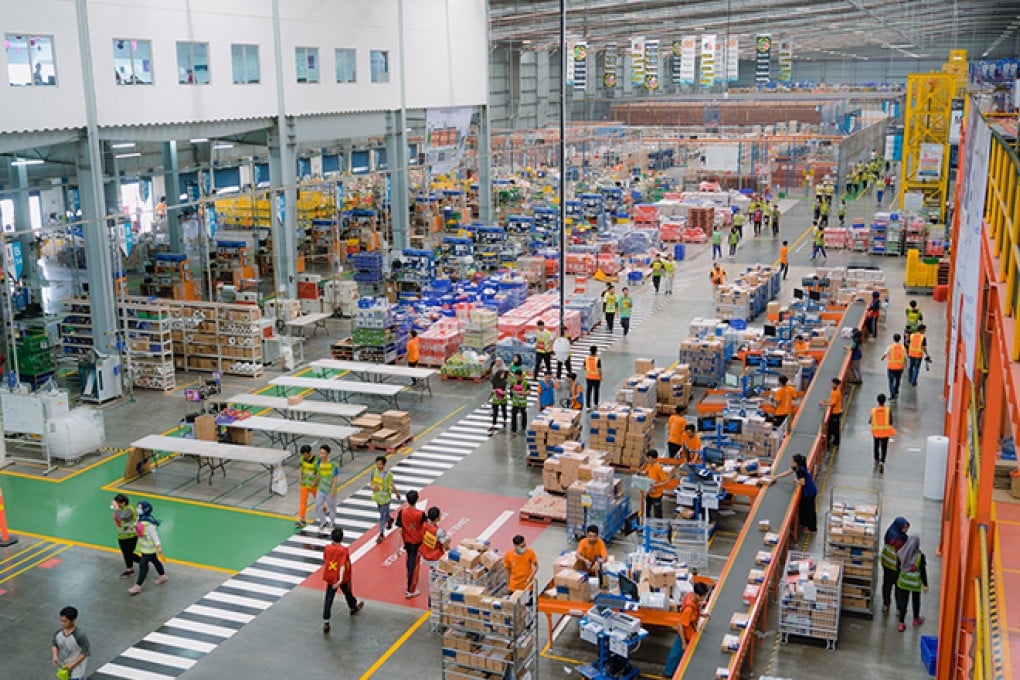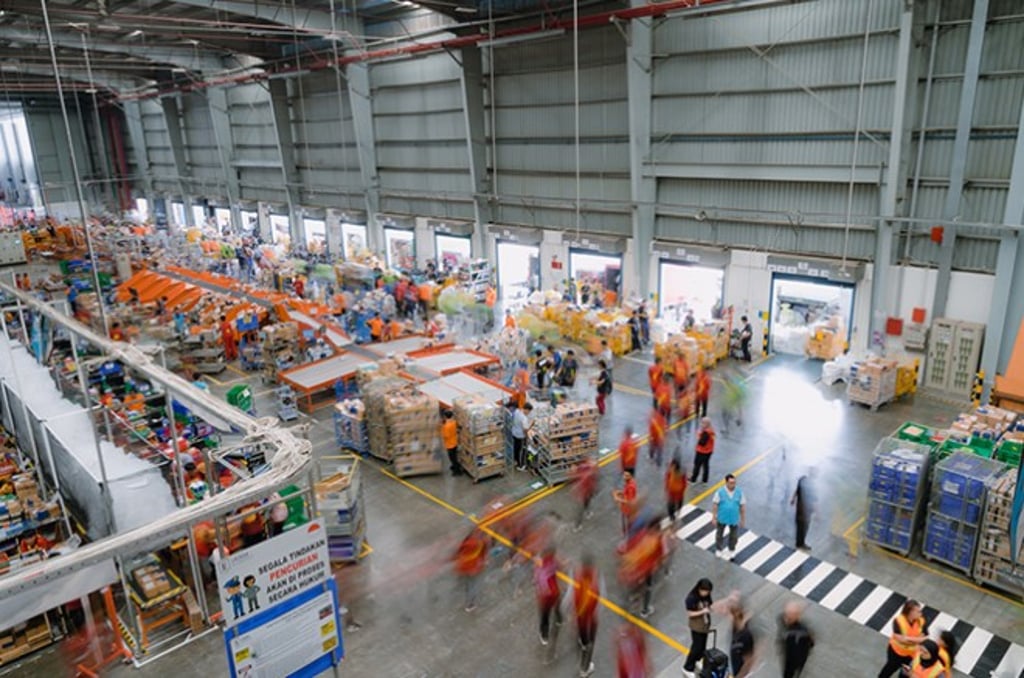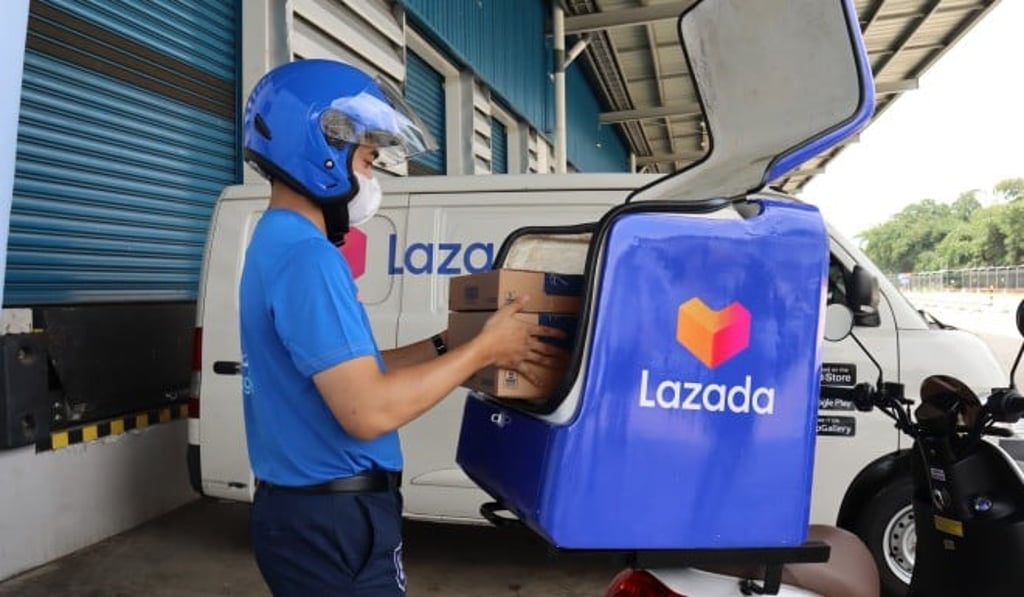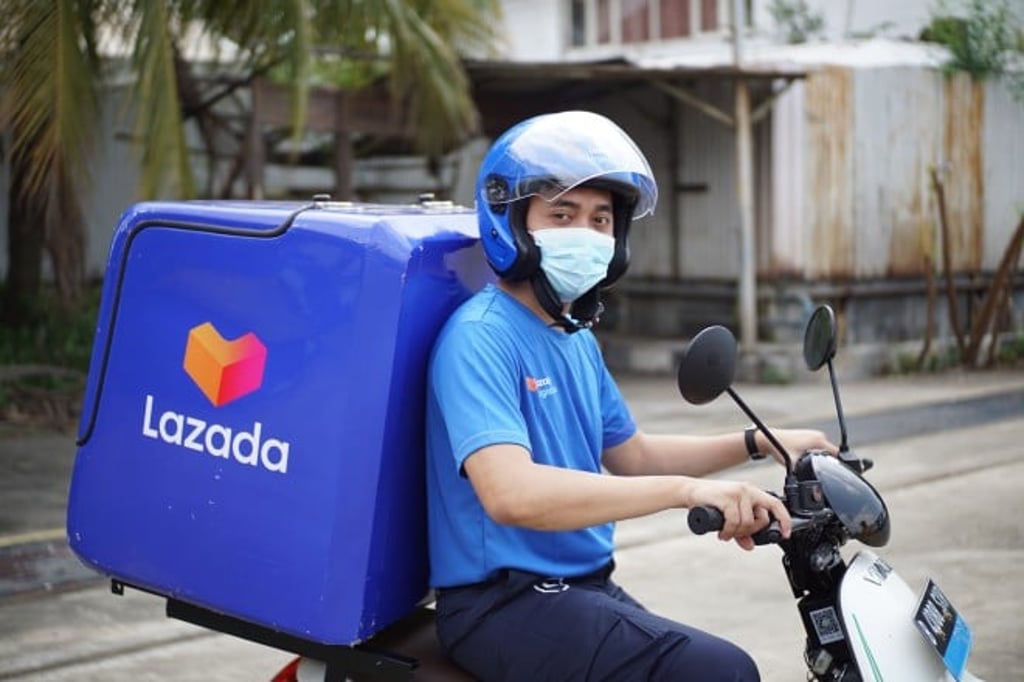Ecommerce logistics: Digitalising businesses and building sustainable growth in Indonesia

[Sponsored Article]
With the growth of online commerce in the past year, it has become apparent that a reliable eCommerce logistics network and system is critical in helping Indonesian businesses to transform digitally and achieve sustainable growth. As businesses develop, they will need a system of storing goods (warehousing) and first-and-last-mile delivery services that are trustworthy and cost-efficient.
However, given the country’s sprawling geography and untapped rural areas, logistics remain a key challenge. A 2018 World Bank report ranked Indonesia fifth in Southeast Asia on a logistics performance index, behind Singapore, Malaysia, Thailand and Vietnam.
In a Lazada's study, "Acceleration of Indonesia's Digital Economy through eCommerce," which was conducted in late 2020, 65% of respondents from micro, small and medium enterprises (MSMEs) who had not been digitalised stated that logistics was one of their biggest challenges. Meanwhile, 92% of the respondents who have been digitalised indicated that eCommerce platforms and services provide logistics support that can help them overcome this hurdle.

Closer collaboration between the government and industry players can encourage a faster structuring of the logistics ecosystem, particularly in relation to the provision of resources, infrastructure and technology. Recognising the importance of the logistics system in supporting business growth, the Indonesian government established a National Logistics System (Sislognas) in 2012, as part of a presidential blueprint.
The success of Sislognas will depend, among others, on the availability of smart and adequate infrastructures that can connect tens of thousands of islands in Indonesia. To encourage innovative solutions in this area, the government can look to provide incentives to logistics service providers.
Having smart technology and a sophisticated logistics infrastructure can help consumers track the whereabouts of their shopping packages in real-time and can estimate when to expect their package. For businesses, smart technology in an eCommerce logistics system can help predict demand and supply for sellers. For example, Lazada’s data analytics technology is able to generate insights that will make it easier for businesses to carry out business planning, both in the short and long term. In addition to optimizing the network design, this technology can also help business players to seek and gain new business opportunities.

Lazada Indonesia has pioneered eCommerce logistics since 2015. Leveraging Alibaba’s advanced technology infrastructure, Lazada's logistics ecosystem continues to grow to serve the needs of customers, especially local businesses that are pivoting online. For example, our main Indonesian warehouse in Cimanggis, which occupies a 70,000 square meter space, operates on an integrated logistics system that uses technology to closely monitor package shipments for hundreds of sellers.
Currently, Lazada Indonesia also has more than 15,000 employees and courier partners to ensure quality end-to-end services.

Lazada also recently received a merit certificate from the World Customs Organization (WCO). The company was recognised by the Directorate General of Customs and Excise, Ministry of Finance of the Republic of Indonesia, as the first eCommerce platform in Indonesia to use the "Delivery Duty Paid" scheme for customs clearance. Through this scheme, Lazada is able to complete the customs clearance process for imported eCommerce shipments in just an hour on average. The implementation of this scheme definitely helps businesses to be more cost and time efficient.
The various facilities that eCommerce offers, including the logistics system, can help drive businesses in Indonesia to start converting to the digital realm. ECommerce players can help businesses, especially MSMEs, with our technology, features and services.
All the smart solutions in the eCommerce’s logistics system can not only be tailored to the needs of each business, but can also enhance the consumer shopping experience. The simplicity of the upstream-downstream process is one of the most important keys to the presence of smart logistics services that is actively solve the geographic distribution issue in Indonesia. Businesses can now focus only on production processes and market development strategies, and a strong eCommerce ecosystem is here to do the rest.
The article is written by Reinaldo Harjanto, senior vice president of supply chain, Lazada Indonesia.